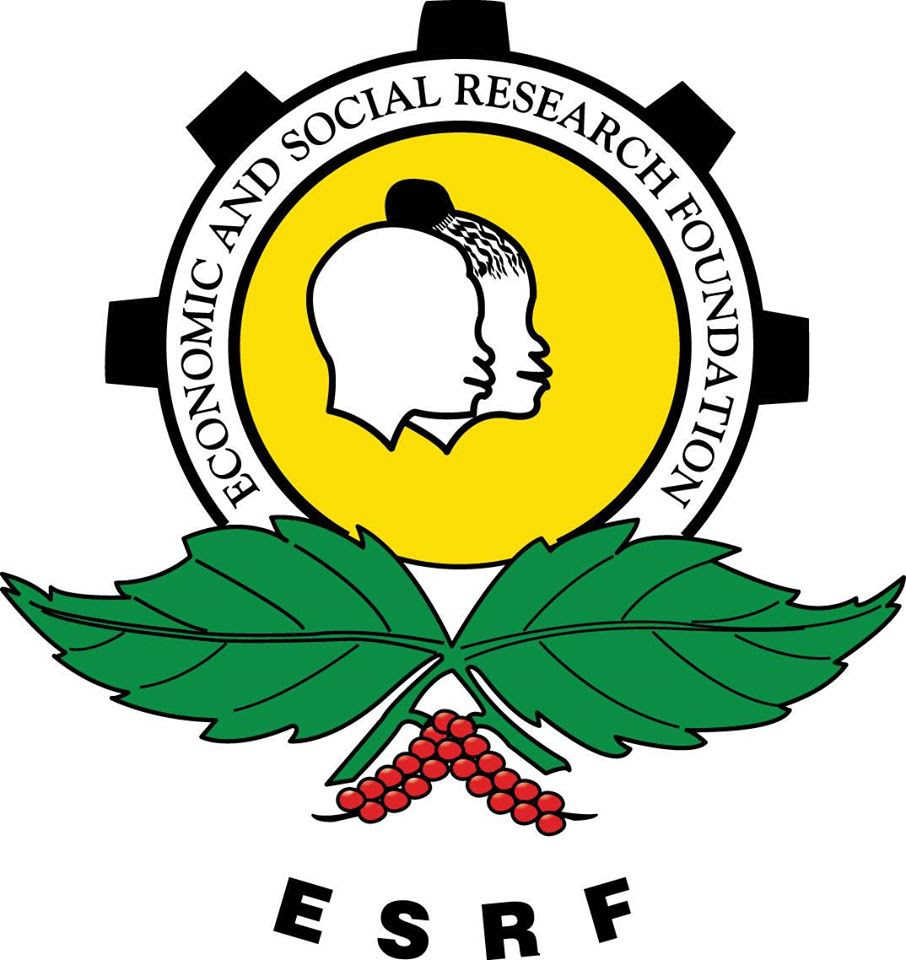Downloads
MEDIUM TERM STRATEGIC PLAN 2022-2026
The Economic and Social Foundation (ESRF) is an independent Think Tank devoted to social and economic research, analysis, and capacity building of development for stakeholders in Tanzania and beyond. The overall mandate and primary objective of the Foundation is to initiate and coordinate studies in economic and social issues, to promote public understanding of economic and social conditions and public policy issues, to explore and analyze options of public economic and social policies and collaborate with the Government (central and local) of Tanzania, development partners, civil society organizations (CSOs), private sector, and other research institutions and entities with the purpose of enhancing the national capacity for public analysis and development management.
Downloads
Strategic Plan 2016 - 2020
The Economic and Social Research Foundation (ESRF) is an independent policy research institution based in Dar es Salaam, Tanzania. ESRF was established in 1994 to respond to the growing need for a research think tank with a mandate to conduct research for policy analysis and capacity building. The Foundation’s primary objectives are therefore to undertake policy enhancing research, strengthen capabilities in policy analysis and decision making, as well as articulate and improve the understanding of policy options in government, the public sector, the donor community, and the growing private sector, and civil society.
ESRF has played a catalytic role in the country’s socio-economic reforms and policy development since its establishment. Since then the Foundation has evolved through five planning phases as presented in Table 1.1
Downloads
Strategic Plan 2012 - 2015
The fifth phase medium term Strategic Plans (2012- 2015), taking into account the need to research and build capacity on priority issues highlighted during TanzaniaÕs mid-term development plan, the five-year plan – 1(FYP – 1 2011/12 to 2015/16), which focuses on addressing productive capacity constraints in addition to encompassing the objectives spelt out in MKUKUTA II, and other sector specific programmes and strategies. Our research agenda will focus on the issues central to the five-year plan of unleashing the countryÕs growth potentials. The planÕs core programmes reflect the objectives of MKUKUTA II, Mini-Tiger Plan 2020, and key sector strategies in Agriculture, Livestock, Mining, Tourism and similar Industries.
It also addresses challenges for a more inclusive growth necessary for the substantial reduction of poverty in Tanzania The broad themes are Growth and Wealth Creation; Governance; Social Services and the Quality of Life; Globalisation and Regional Integration, as well as Natural Resources and Environment Management. Under each broad theme several sub-themes have been developed reflecting outstanding issues. Sub-themes proposed are geared towards achieving specific objectives, and building on the broad ESRF objectives.
Downloads
Strategic Plan 2008 - 2011
The fourth phase (ESRF IV – 2008-2011), will continue to build on
the activities initiated during the last phase. In addition, the fourth phase will strive to ensure that there is a balance between research and commissioned studies/consultancies so as to reduce the dominance of consultancies.
There are still many issues that will continue to dominate the research agenda for informing policy formulation and development planning. These include understanding of economic growth drivers and linkages to employment and social protection and equity dimensions of growth.
Downloads
Strategic Plan 2003 - 2006
This medium term strategy document summarises the outcome of a collective exercise by ESRF staff during the latter part of 2002 to evaluate the past performance of the ESRF and to explore options
for future development.
The work of the ESRF is planned in four-year phases. The Foundation has completed the first two phases of its history and is now entering the third.
The basic approach used in formulating the Strategy was an intensive involvement of each and every employee in the Foundation to evaluate performance and identify critical issues that the Foundation needs to embark on in the coming four years
